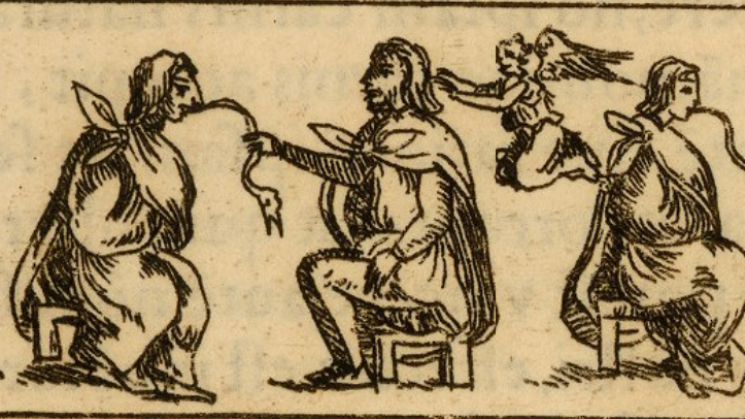"Brute animals" and "rational creatures": Defining humanity in the Indigenous-language vocabularies and pedagogies of New Spain

Tania Bride is a History Ph.D. candidate at the University of California Los Angeles, whose dissertation examines intersecting religious and environmental transformations in colonial Mexico through church reports and discussions concerning human-animal metamorphoses.
This presentation will explore a selection of linguistic and doctrinal manuals from the JCB virtual archive, which translated between Castilian and Indigenous Mesoamerican languages, produced from the 16th to 18th centuries in New Spain. These vocabularies and catechisms display their Spanish missionary creators’ fraught attempts to distinguish Iberian Catholicism from Indigenous religious systems, while communicating key concepts across cultures and languages. Here, Bride will examine how colonial clergy framed their definitions of human beings’ physical and spiritual character and their relationships to divinity, animality, and the natural world in these multi-lingual texts, as both reactions to and efforts to extirpate alternative Indigenous conceptions.